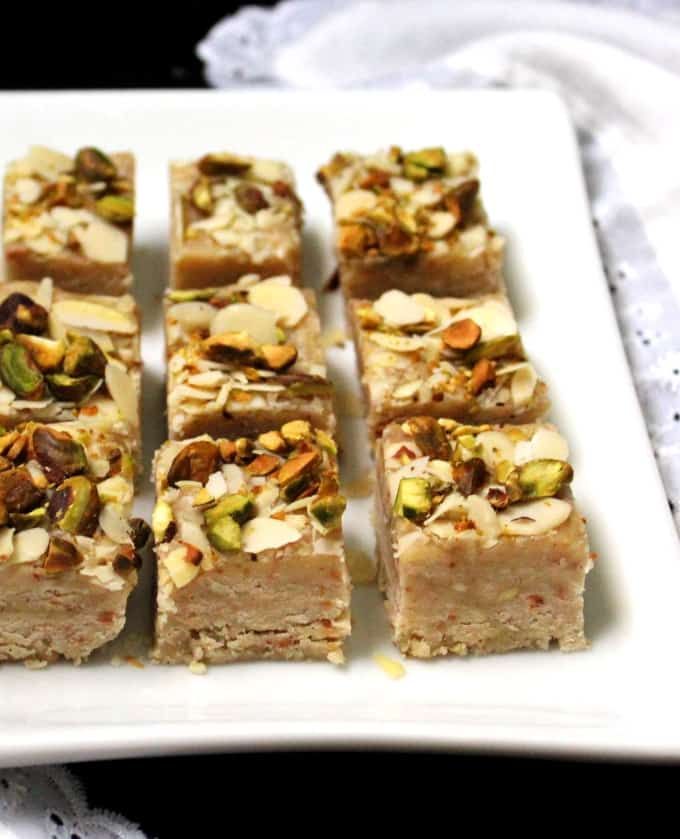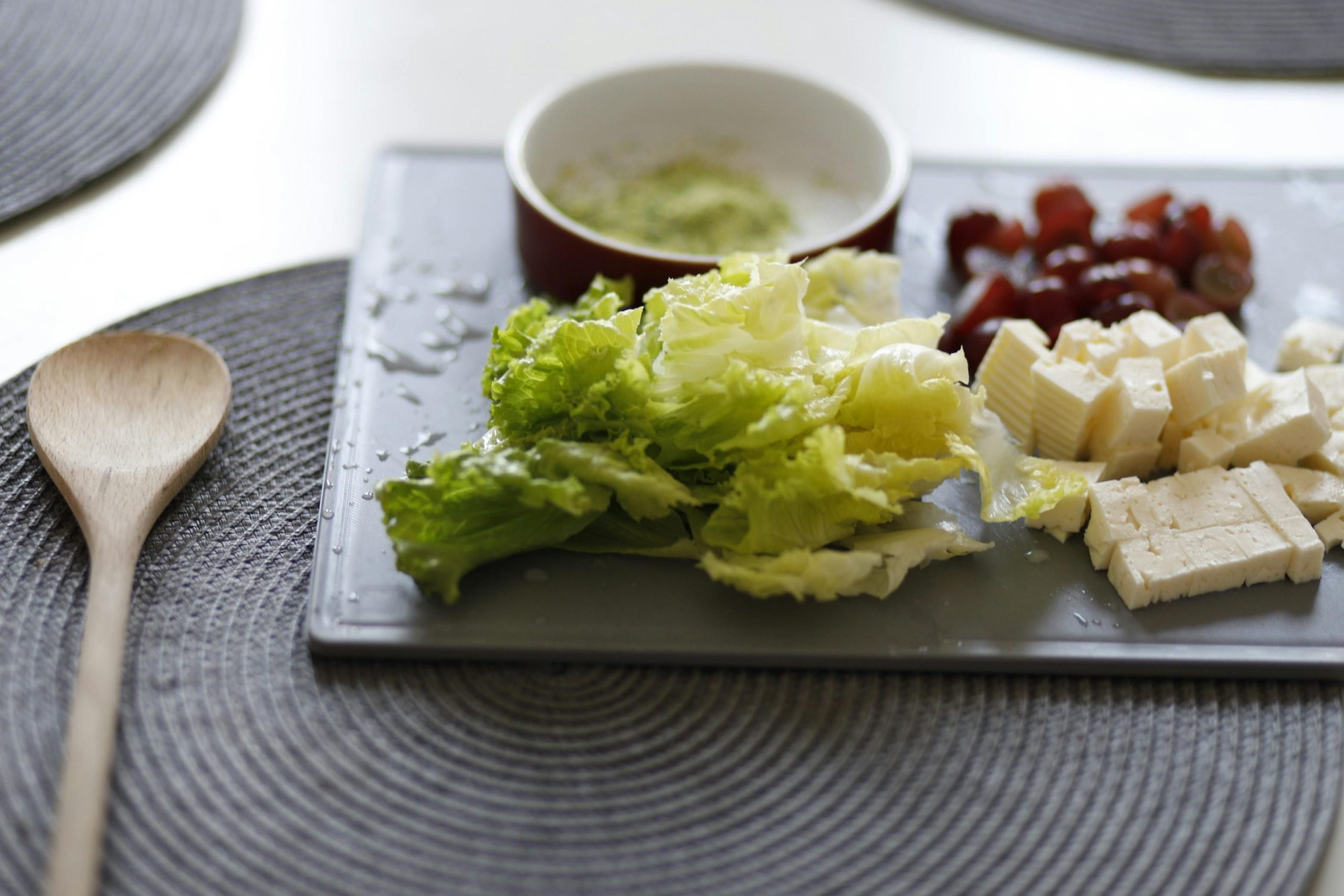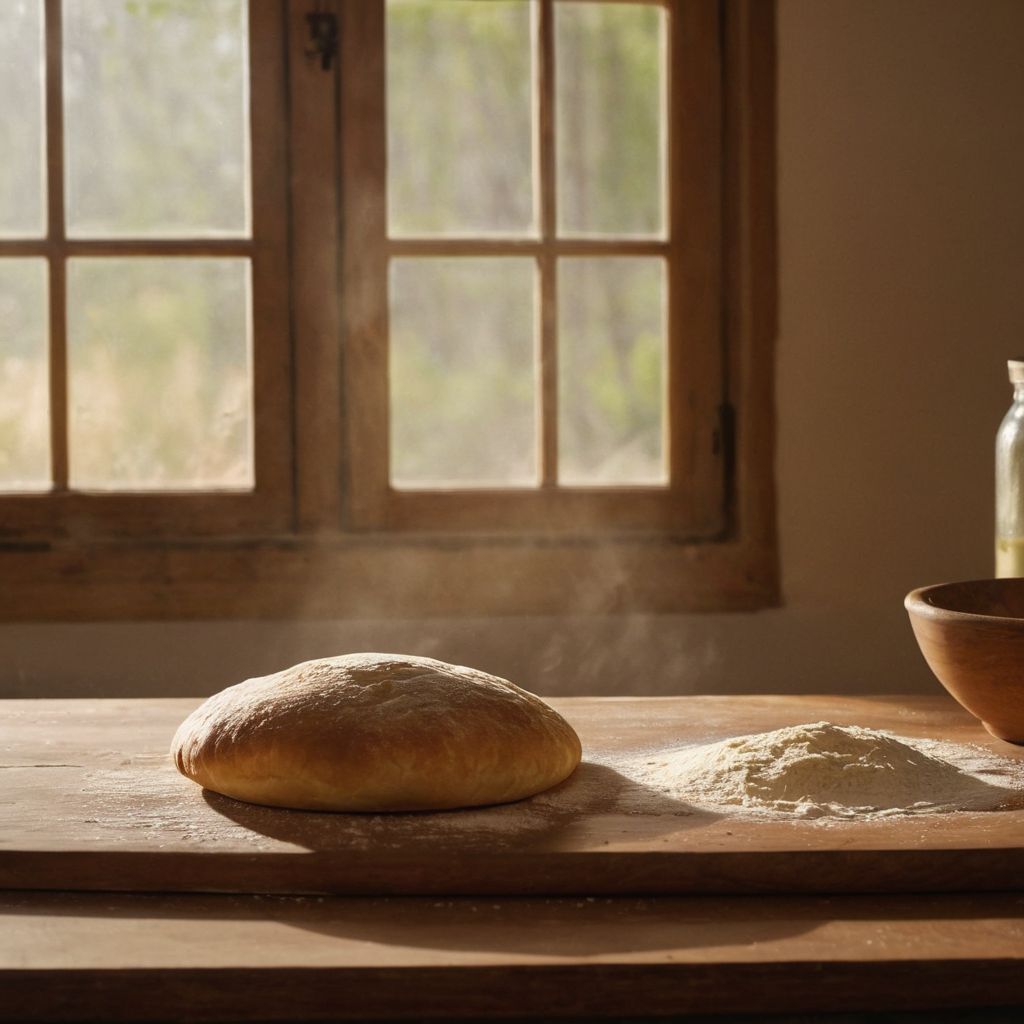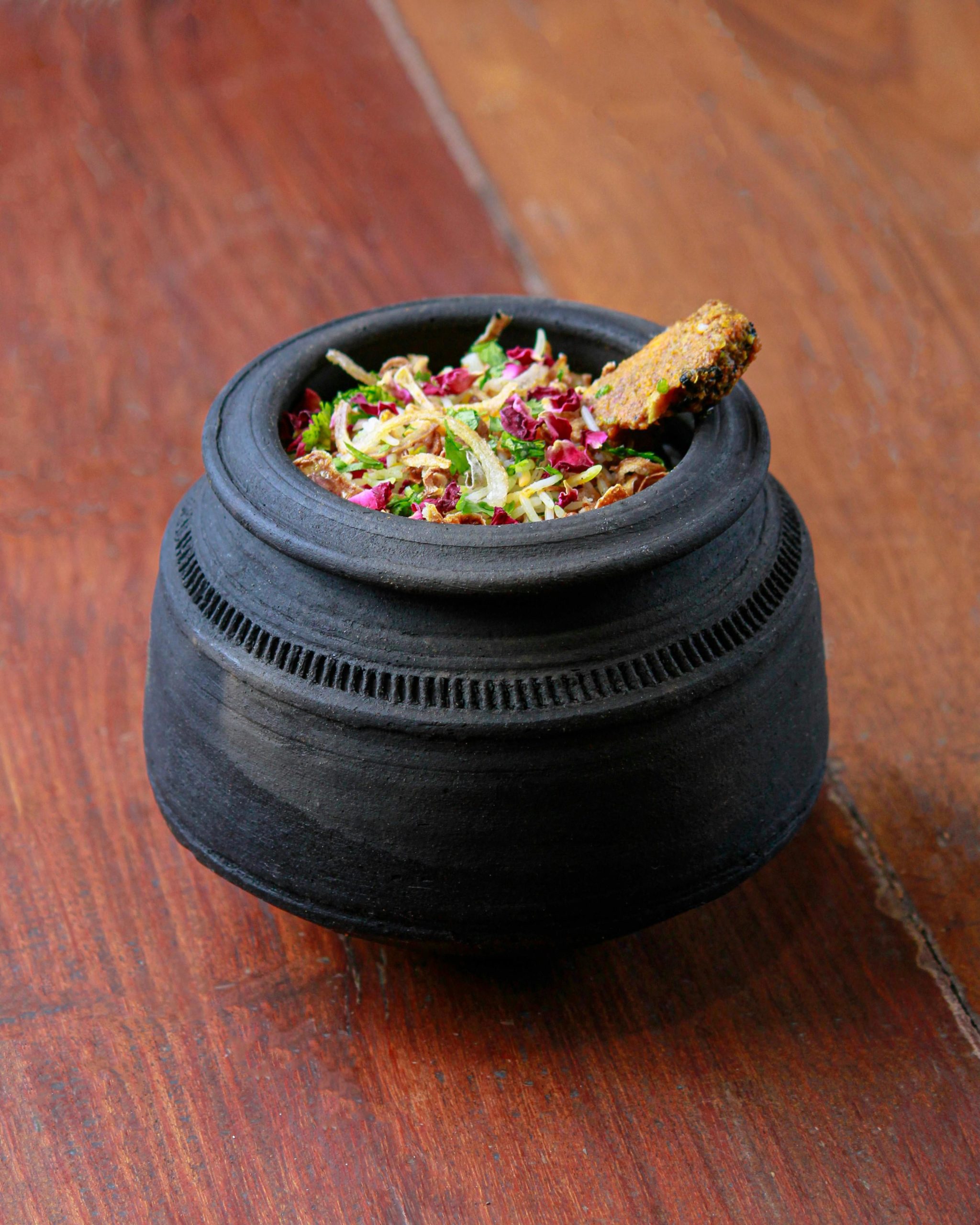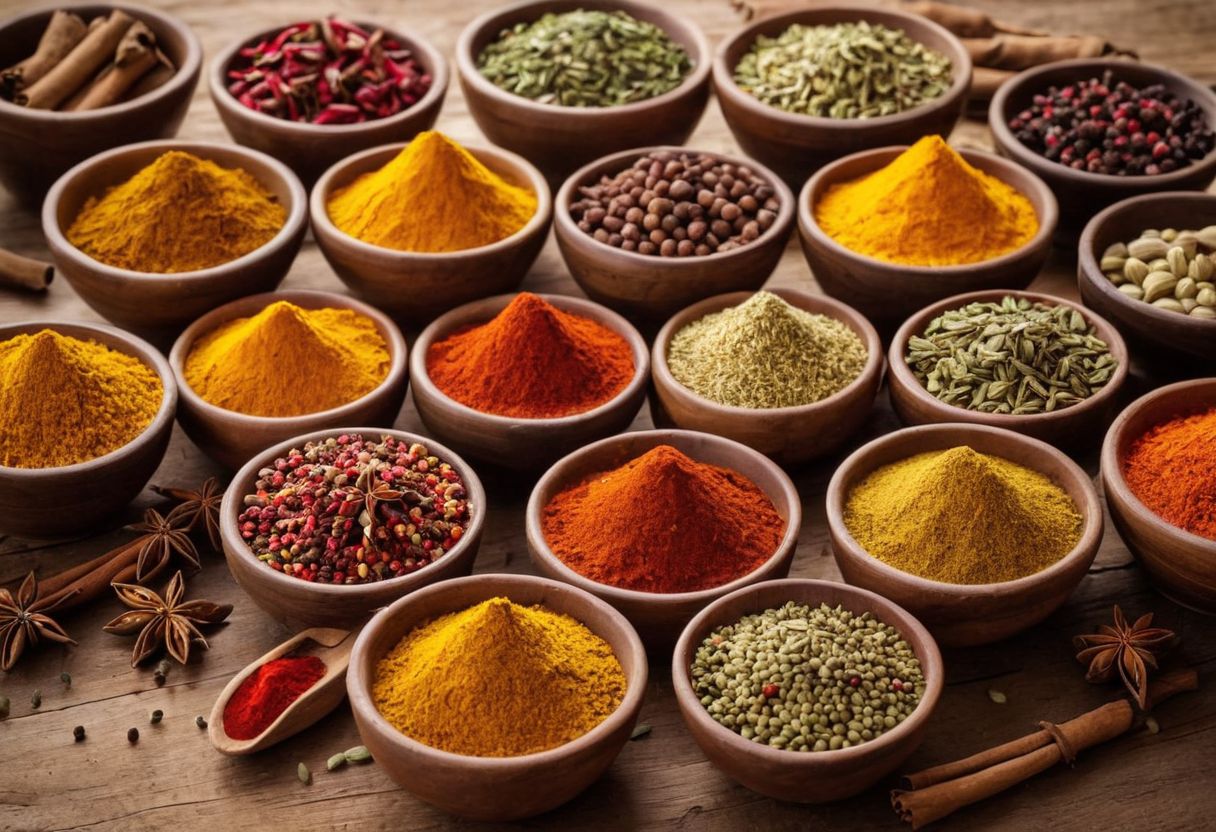Dive into the vibrant world of Vegan Indian desserts, a delightful treat for both the palate and the soul!
Finding dairy-free alternatives for traditional Indian sweets can be challenging, especially when you crave the authentic taste and texture.
Vegan Indian desserts offer a delicious array of options like Rasmalai, Gulab Jamun, Ladoo, and Burfi, all made without any dairy products.
This blog post will guide you through the essentials of crafting vegan Indian sweets, from key ingredients and nutritional insights to step-by-step recipes and expert tips, ensuring a delightful culinary journey.
Key Ingredients for Vegan Indian Sweets

Crafting vegan Indian desserts involves substituting traditional dairy ingredients with plant-based alternatives. Coconut milk and coconut oil are popular choices, providing the creamy texture and richness that dairy usually offers. These ingredients are not only versatile but also impart a subtle sweetness and aroma that enhance the overall flavour of the desserts. For example, coconut milk can be used in making vegan kheer or vegan rabri, replacing condensed milk or regular milk.
Another essential component in vegan Indian sweets is the use of cardamom pods and other spices which offer an authentic flavour without any animal products. Spices like saffron and nutmeg are also commonly used to add depth and warmth to dishes. Additionally, nuts such as cashews, almonds, and pistachios provide texture and richness, making them ideal for sweets like vegan kaju katli or almond burfi. These ingredients ensure that the desserts remain true to their traditional roots while being entirely plant-based.
The Nutritional Profile of Vegan Indian Desserts
Vegan Indian desserts are not only delicious but also offer various nutritional benefits, thanks to their plant-based ingredients. Coconut milk, a common substitute in these desserts, is rich in several essential nutrients, including manganese, copper, phosphorus, magnesium, and iron. These contribute to bone health, improved heart health, and better digestion. Moreover, the use of nuts like almonds and cashews adds a good source of protein, healthy fats, and antioxidants, which are beneficial for overall health.
Another advantage of vegan Indian desserts is their potential to be lower in calories and healthier than their traditional counterparts, depending on the sweeteners and amount of oil used. Natural sweeteners like dates, jaggery, or maple syrup can be employed to reduce refined sugar content, making these sweets a better option for those monitoring their sugar intake. Thus, not only are these desserts compassionate choices, they can also be tailored to support a healthier lifestyle while satisfying sweet cravings.
How to Make Vegan Indian Desserts: A Step-by-Step Guide
Making vegan Indian desserts can seem daunting, but with the right guidance, you can easily whip up some delicious treats. Let’s start with a simple and popular dessert: Vegan Gulab Jamun. First, you’ll need to gather your ingredients, which include non-dairy milk, flour, baking soda, and a sweetener like jaggery or maple syrup.
Begin by mixing the flour and baking soda in a bowl. Slowly add in the non-dairy milk to form a soft dough. Next, shape the dough into small balls. For the syrup, combine water with your chosen sweetener, add a touch of cardamom, and bring it to a boil until it thickens slightly.
- Step 1: Mix dry ingredients and form dough
- Step 2: Shape into balls
- Step 3: Prepare the syrup with sweetener and cardamom
Finally, heat some coconut oil in a pan and fry the dough balls until golden brown. Soak these fried balls in the syrup for at least an hour before serving to allow them to absorb the flavours. There you have it, a delicious vegan Gulab Jamun that everyone can enjoy!
Important Notes for Perfect Vegan Indian Sweets
When venturing into the world of vegan Indian sweets, it’s crucial to pay attention to ingredient quality and proportions. Using fresh, high-quality ingredients ensures that your sweets are not only delicious but also retain the authentic flavours that are characteristic of Indian desserts. For instance, fresh ground cardamom will provide a much more vibrant flavour compared to pre-ground options, which may have lost some of their potency.
Another important aspect to consider is the consistency and cooking times. Many traditional Indian sweets are quite sensitive to cooking durations and temperatures. For example, when making vegan barfi, the sugar syrup needs to reach just the right consistency—neither too thick nor too thin—before adding other ingredients. Here are a few pointers:
- Use a candy thermometer to check the syrup’s temperature.
- Stir continuously to prevent the mixture from sticking to the bottom of the pan.
- Test the syrup by dropping a small amount into cold water; it should form a soft ball.
Expert Tips for Crafting Delicious Vegan Indian Sweets
Crafting delicious vegan Indian sweets requires a blend of creativity and adherence to traditional techniques. Here are some expert tips to elevate your dessert-making skills:
- Experiment with natural sweeteners: Jaggery, maple syrup, or agave can be excellent substitutes for white sugar, each adding their unique flavour.
- Roast nuts and flours well: This enhances the flavour and gives a nice texture to sweets like ladoos and halwas.
- Be mindful of spice proportions: Spices like cardamom, saffron, and nutmeg are essential but should be used judiciously to avoid overpowering the sweet elements.
Exploring More Vegan Indian Dessert Recipes

If you’re keen to broaden your vegan dessert repertoire, why not try some more innovative vegan Indian sweets? For instance, Vegan Semiya Payasam, a delightful vermicelli pudding, offers a comforting sweetness that’s perfect for any occasion. Another must-try is the Vegan Zucchini Halwa, which brings a unique twist to the traditional gajar ka halwa by using zucchini instead of carrots.
For those who enjoy deep flavours, the Vegan Mango Halwa and Vegan Almond Halwa are excellent choices. These desserts not only satisfy your sweet tooth but also provide a rich source of nutrients. Here are a few more suggestions to explore:
- Vegan Saffron Shankarpali: A crispy and sweet snack perfect with tea.
- Vegan Adhirasam: A traditional sweet doughnut that’s chewy and satisfying.
- Vegan Modaks: Sweet dumplings filled with a mixture of coconut and jaggery, ideal for festive occasions.
Discover More with INDULGE‘s Culinary Adventures
INDULGE offers a unique blend of curated culinary tours that can significantly enhance your understanding of vegan Indian desserts and other international cuisines. By participating in these tours, you’ll not only discover Zurich’s rich gastronomic heritage but also learn how different cultures influence and enrich the global food scene. This experience is perfect for anyone eager to deepen their culinary knowledge and appreciation, making every dining experience more insightful and enjoyable.
To explore these exceptional culinary adventures, visit INDULGE’s website and choose from a variety of tours that cater to your interests. Whether it’s diving into the history of Swiss classics or exploring innovative vegan cooking classes, INDULGE ensures a memorable gastronomic journey. Don’t miss out on this opportunity to transform the way you experience food; book a tour today and taste the world’s flavours right in the heart of Zurich.
Frequently Asked Questions
Which sweets are vegan in India?
Vegan Indian desserts include Rasmalai, Gulab Jamun, Ladoo, and Burfi, all made without any dairy products. These sweets utilise plant-based ingredients such as coconut milk, coconut oil, and various nuts to replicate the traditional flavours and textures of their non-vegan counterparts.
What sweets can you eat as a vegan?
As a vegan, you can enjoy a variety of Indian sweets such as Vegan Rasmalai, Vegan Gulab Jamun, Vegan Ladoo, and Vegan Burfi. These desserts are crafted using plant-based substitutes like coconut milk and oil, cardamom, other spices, and nuts.
Do vegan desserts have dairy?
No, vegan desserts do not contain dairy. They are made using plant-based alternatives such as coconut milk and coconut oil to replace traditional dairy ingredients, ensuring the desserts remain dairy-free while still providing a rich and creamy texture.

